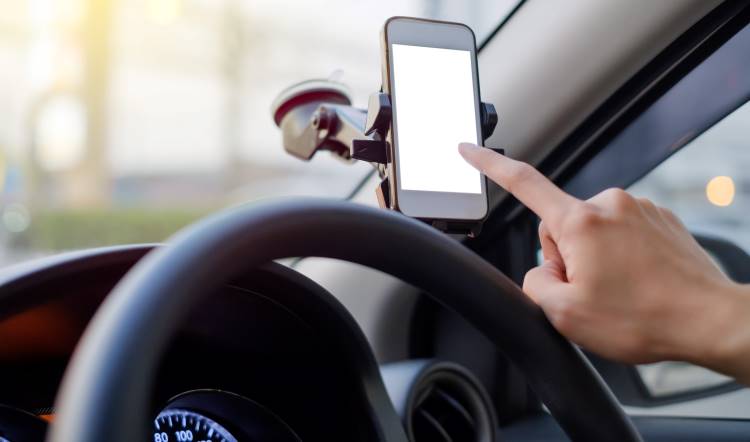Supreme Court Rules that Uber Drivers are Workers, Not Self-Employed

The UK’s Supreme Court has ruled that Uber must treat its drivers as workers, rather than self-employed people.
The move could lead to thousands of drivers receiving a minimum wage and holiday pay, as well as having wider consequences for the gig economy as Uber faces a hefty compensation bill.
Uber claims that the ruling focused on a small group of drivers and that the tech company has changed its business model since.
Former Uber drivers Yaseem Aslam and James Farrar took the ride-hailing app to an employment tribunal in 2016.
The two, who won their case against Uber in October 2016, said they were “thrilled and relieved” by the Supreme Court’s judgment.
Mr Aslam, who is the president of the App Drivers & Couriers Union (ADCU), said: "I think it's a massive achievement in a way that we were able to stand up against a giant”.
"We didn't give up and we were consistent - no matter what we went through emotionally or physically or financially, we stood our ground."
Uber's Regional General Manager for Northern and Eastern Europe, Jamie Heywood, said: "We respect the Court's decision which focussed on a small number of drivers who used the Uber app in 2016.
"Since then we have made some significant changes to our business, guided by drivers every step of the way. These include giving even more control over how they earn and providing new protections like free insurance in case of sickness or injury.
"We are committed to doing more and will now consult with every active driver across the UK to understand the changes they want to see."
The Supreme Court ruling means that Uber has to treat its drivers as “workers” for the entire work shift - from when they log on, until they log off.
This is significant as Uber drivers spend a considerable amount of time waiting to pick up new fares through the app.
Previously, Uber said that it would only count the time from journeys with passengers in the car if drivers were deemed to be workers by the courts, and not self-employed.
"This is a win-win-win for drivers, passengers and cities. It means Uber now has the correct economic incentives not to oversupply the market with too many vehicles and too many drivers," said ADCU's general secretary, James Farrar.
"The upshot of that oversupply has been poverty, pollution and congestion."
Read on our blog

With the government poised to implement tough new measures to...

Budget broadband provider TalkTalk has been notifying customers via email...

A year-long investigation by charity Citizens Advice has revealed a...

Education Secretary Nadhim Zahawi has announced a new commitment to...
